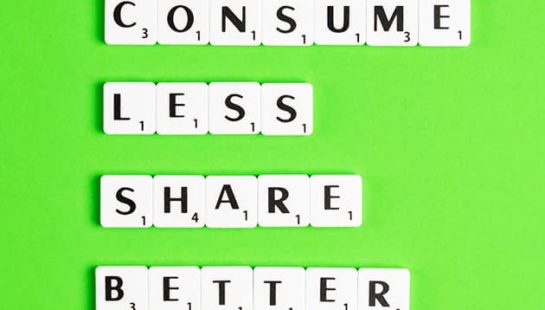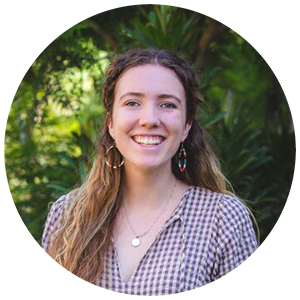The fashion industry’s progress towards justice for workers and care for the environment is not fast enough. But if we all work together—fashion companies, policymakers and global citizens—it’s not too late to accelerate meaningful change.
This is the takeaway message from the 10th Edition of Baptist World Aid’s 2024 Ethical Fashion Report and Guide, which assessed 120 companies representing 460 clothing and shoe brands.
This year’s report, due to be released in mid-October, provides insight into key questions like, ‘Who is paying a living wage?’ ‘Are brands using water responsibly?’ ‘Do brands have plans in place to address gender equality?’ so consumers can make informed purchasing decisions, and ask their favourite brands to do better.
Slow Progress In The Right Direction
This year’s Ethical Fashion Report raises major concerns as Australia’s fashion industry fails to make meaningful progress for workers and planet.
While some companies that have participated in the report for multiple years are showing positive change towards more ethical practices, scoring an average of 47.1 which is 12 points higher than the 2024 cohort overall, the overall picture reflects gradual progress. Gina Snodgrass, Advocacy Specialist at Baptist World Aid, said it’s time to call on companies to ‘play their part and take meaningful action to ensure all workers in their supply chains earn enough to meet their family’s basic needs.’
It’s time to call on companies to play their part and take meaningful action . . .
‘We hope our engagement with companies has helped highlight the areas where progress could be easily achieved, especially where some brands efforts remain lacklustre,’ she said.
What’s New In The 2024 Ethical Fashion Report And Guide?
The 10th edition of the Ethical Fashion Report is the first since we moved from an annual to a biennial cycle—a change made to give companies more time to implement and demonstrate meaningful improvements in their sustainability and ethical practices.
This year, the report includes the following spotlight issues:
- Payment of living wages: whether companies are paying their workers enough to support their families
- Use of sustainable fibres: whether companies are choosing materials that have a better environmental outcome
- Responsible purchasing practices: how companies are going at implementing buying practices that benefit people in the supply chain?
- Addressing gender inequality: what’s being done to promote gender empowerment in factories and mills
- Stewardship of water and chemicals: how companies are going at using water responsibly
- Circularity: the adoption of strategies that reduce waste and keep clothes in circulation for longer
The last four issues are new to the report, aiming to expand people’s understanding of the current concerns that impact workers and the environment.
Here’s What You Can Do
Everyone has a part to play when it comes to creating a fairer, more sustainable fashion industry. While companies maintain primary responsibility for supply chain conditions, global citizens can also help shift industry practice by engaging with the ethical fashion movement and speaking out to companies. Here’s some things you can do to coincide with the release of the report:
- Join in Swaptober!: Host your very own clothes swap as a fun way to fight overconsumption in your community.
- Buy less: Make thoughtful purchasing decisions by resisting the urge to impulse shop. If you need an item, explore alternatives such as reusing or borrowing from a friend.
- Buy better: Look up the scores from this year’s report to buy from brands that ensure fair treatment of workers and reduce their environmental impact.
- Expect more: Use our online Speak Out To Brands tool to tell companies that you expect more from them.
Baptist World Aid’s 2024 Ethical Fashion Report and Guide will launch in October.



 Bonnie Graham,
Bonnie Graham,

 Katherine Halliday,
Katherine Halliday,